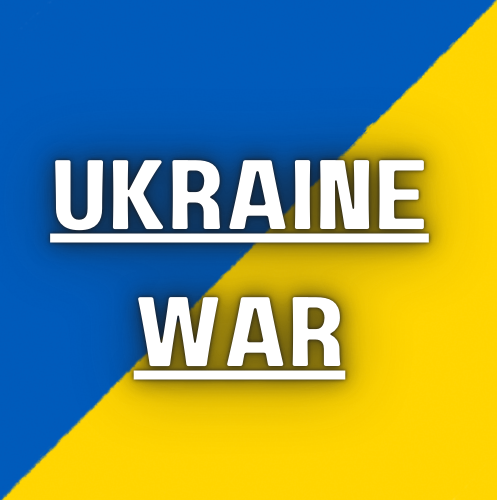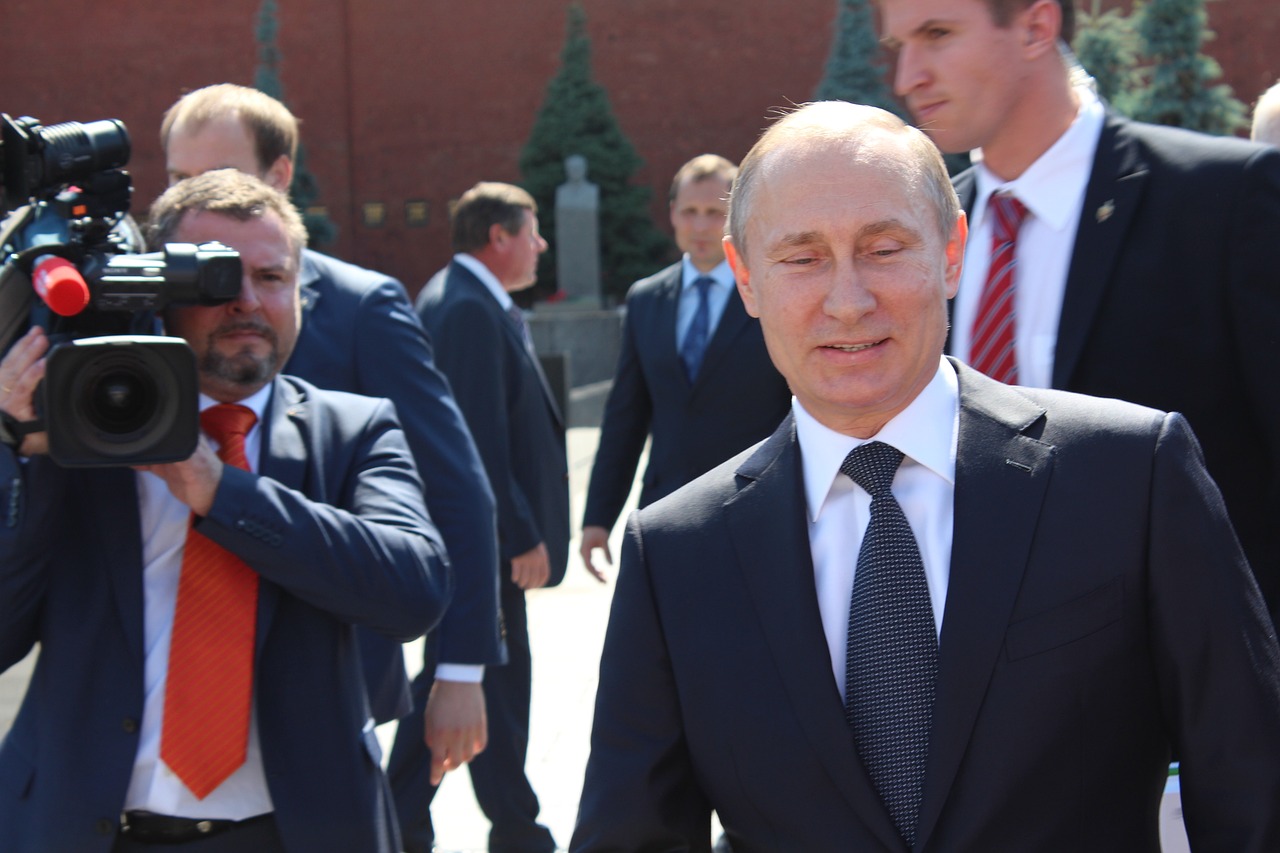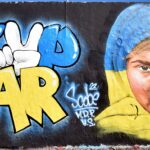Vladimir Putin’s leadership has had a significant impact on Russia and the world, generating both support and criticism. Here are some of the pros and cons of his rule:
Pros:
1. Economic Stabilization and Growth (Early Years):
• When Putin first came to power in 1999, Russia was in economic disarray following the collapse of the Soviet Union and the turmoil of the 1990s under Boris Yeltsin. Putin oversaw a period of economic stabilization and growth, largely driven by rising oil and gas prices.
• The country’s GDP grew significantly during his early years, and millions of Russians saw improvements in their living standards. The middle class expanded, and foreign debt was largely paid off.
2. Restoring State Control:
• Putin is credited with restoring centralized state control and curbing the influence of oligarchs who had become powerful during the Yeltsin era. Under Putin, the government regained control over key sectors of the economy, especially in energy (Gazprom, Rosneft).
• His crackdown on the oligarchs is seen by some as necessary to consolidate state power and restore order after the chaos of the 1990s.
3. Strengthening Russia’s International Influence:
• Putin has worked to restore Russia’s role as a global power. He has pursued assertive foreign policies, opposing Western dominance and NATO expansion, and seeking to build influence in regions like the Middle East (e.g., the Syrian civil war), Africa, and Asia.
• His actions, such as the annexation of Crimea in 2014 and his involvement in conflicts like Syria, have reinforced Russia’s image as a key player in global geopolitics.
4. Military Modernization:
• Under Putin, Russia has significantly modernized its military capabilities, investing in new technologies, nuclear arsenals, and the armed forces. This has improved Russia’s military readiness and allowed it to project power beyond its borders, as seen in Crimea, Syria, and Ukraine.
5. National Pride and Stability:
• Putin has cultivated a strong sense of national pride among Russians, often invoking Russia’s historical greatness and positioning himself as the leader who restored stability and strength after the volatile 1990s.
• For many Russians, especially older generations, Putin is seen as a stabilizing force who has defended Russian sovereignty and values against perceived Western encroachment.
6. Infrastructure Development:
• Putin has overseen improvements in Russia’s infrastructure, particularly in urban centers like Moscow and St. Petersburg, with better roads, housing, and public services. Major projects such as the Sochi Olympics (2014) and the Crimean Bridge connecting mainland Russia to Crimea have been symbols of national pride.
Cons:
1. Authoritarianism and Human Rights Violations:
• One of the most significant criticisms of Putin is his increasingly authoritarian rule. He has cracked down on political opposition, restricted media freedoms, and curtailed civil liberties. Major opposition figures, like Alexei Navalny, have been jailed, harassed, or marginalized, and there have been widespread accusations of electoral fraud, especially in the 2012 and 2018 elections.
• Freedom of the press has been severely limited, with state control over major media outlets and intimidation of independent journalists. Several critics of Putin, including journalists and dissidents, have died under suspicious circumstances (e.g., Anna Politkovskaya, Boris Nemtsov).
2. Corruption and Cronyism:
• Putin’s government is often accused of fostering a culture of corruption. Many believe that while he curbed the power of oligarchs in the 2000s, he replaced them with a new group of loyal elites—often referred to as “Putin’s inner circle”—who have benefited from state contracts, privatizations, and control over key industries.
• Transparency International consistently ranks Russia as one of the more corrupt countries in the world. The intertwining of state and business has led to an oligarchic system, benefiting the wealthy elite while average citizens see less economic improvement.
3. Economic Stagnation (Later Years):
• While Russia’s economy grew during Putin’s first two terms, it has stagnated in recent years. Economic growth has been slow, and the country remains highly dependent on oil and gas exports, making it vulnerable to fluctuations in global energy prices.
• Western sanctions imposed after the annexation of Crimea and the 2022 invasion of Ukraine, combined with structural issues like a lack of economic diversification, have exacerbated the economic challenges facing Russia. Inflation, poverty, and inequality have risen, particularly in rural areas.
4. International Isolation and Sanctions:
• Putin’s aggressive foreign policy, particularly the annexation of Crimea and the 2022 invasion of Ukraine, has led to Russia’s isolation on the global stage. Russia has faced heavy sanctions from the United States, the European Union, and other Western nations, which have severely impacted its economy and its citizens.
• These sanctions have hurt Russian industries, reduced access to international markets and technology, and strained the country’s relationships with many global powers. Russia has been forced to rely more heavily on partnerships with non-Western countries like China and Iran.
5. Suppression of Dissent and Civil Society:
• Under Putin, civil society has been increasingly restricted. Non-governmental organizations (NGOs) that receive funding from abroad have been labeled as “foreign agents,” and many have been shut down or harassed. Protests are often violently dispersed, and organizers are arrested.
• Opposition parties struggle to operate in Russia, with some leaders forced into exile or targeted by state propaganda. This has led to an atmosphere of fear, where dissent is often stifled.
6. Demographic Decline and Social Issues:
• Despite efforts to promote national pride, Russia faces long-term demographic challenges, including a declining population due to low birth rates, high emigration, and public health issues like alcoholism and poor healthcare.
• Social inequality has grown during Putin’s tenure, with rural areas often neglected in favor of urban centers. The government has struggled to address widespread poverty, low wages, and inadequate public services, particularly in education and healthcare.
7. Ukraine Conflict and War:
• Putin’s invasion of Ukraine in 2022 is seen as a monumental foreign policy failure by many critics. The invasion has led to massive loss of life, destruction, and a humanitarian crisis, as well as further damaging Russia’s economy and global standing.
• The war has fueled nationalist sentiment but also caused internal opposition, with thousands of Russians fleeing the country to avoid conscription and protest against the war. The conflict has isolated Russia further, deepened its reliance on authoritarian regimes like China, and alienated much of the international community.
Conclusion:
Putin’s rule is marked by both significant achievements and major controversies. His supporters praise him for stabilizing Russia, strengthening the military, and restoring national pride, while critics denounce his authoritarianism, suppression of political freedoms, corruption, and aggressive foreign policies that have damaged Russia’s economy and standing in the world. His legacy, especially in light of the 2022 Ukraine war, remains highly divisive both inside and outside Russia.
Ukraine war understanding © 2024 by Naccache Louann is licensed under Creative Commons Attribution-NonCommercial-NoDerivatives 4.0 International



